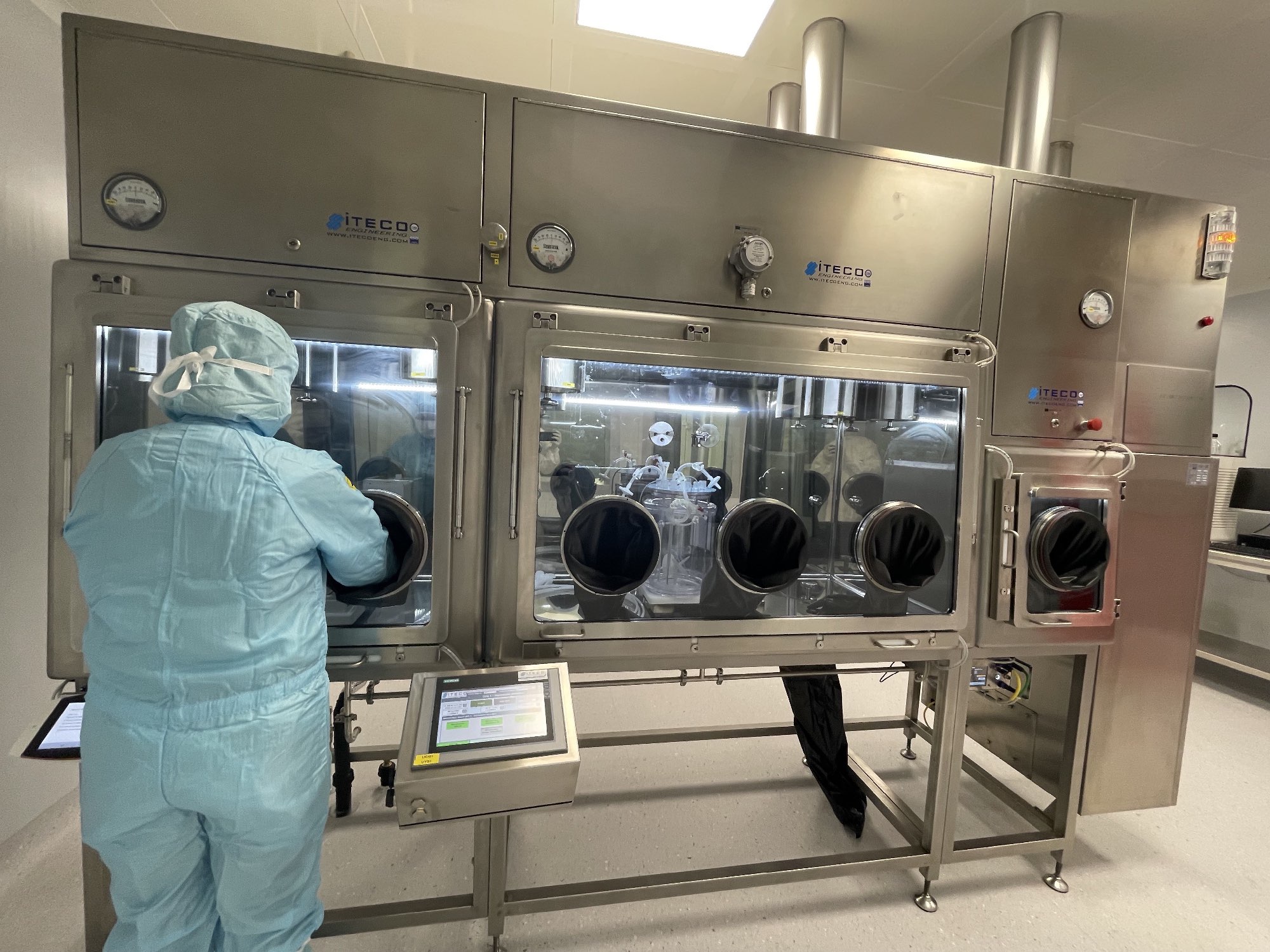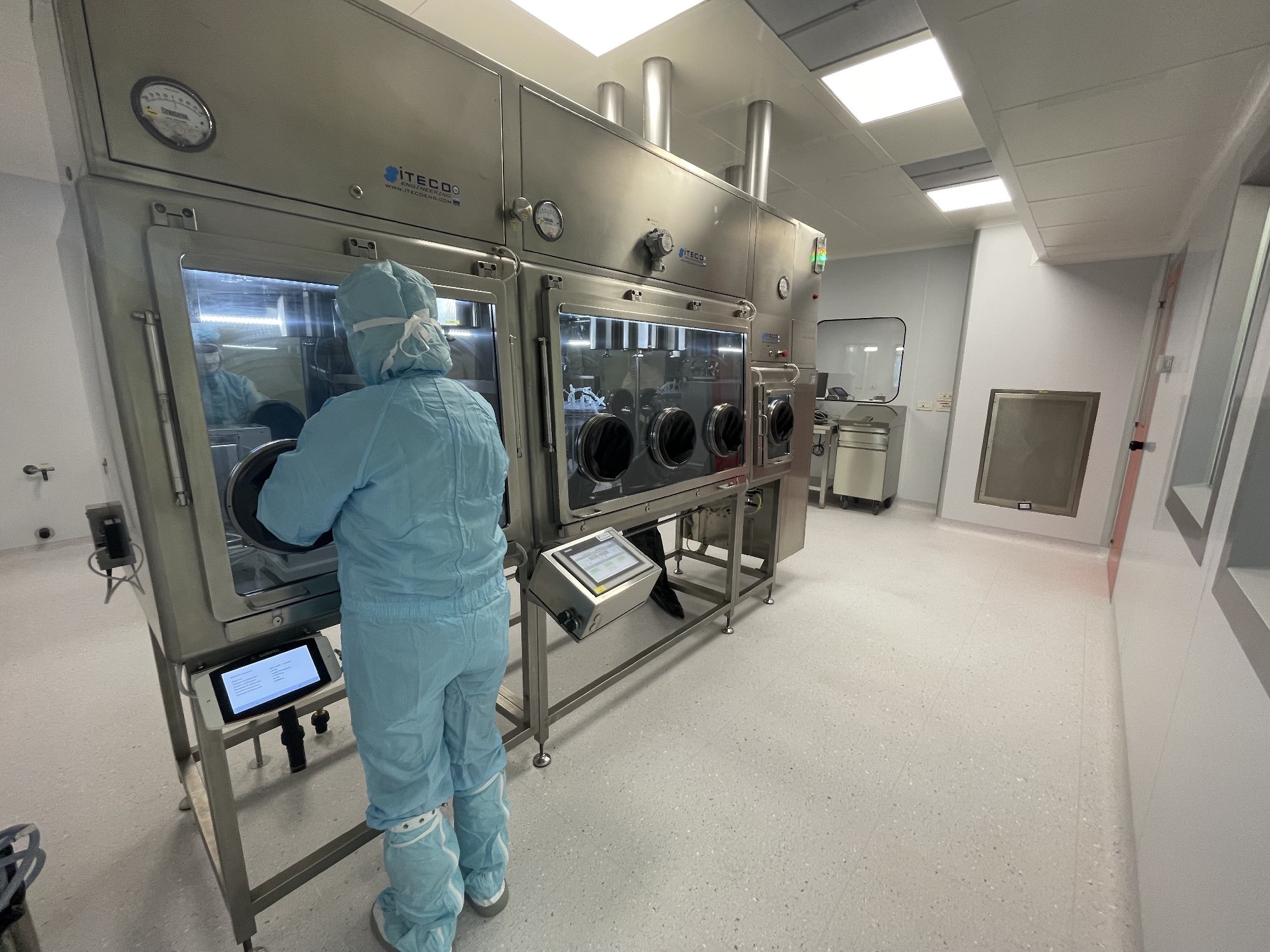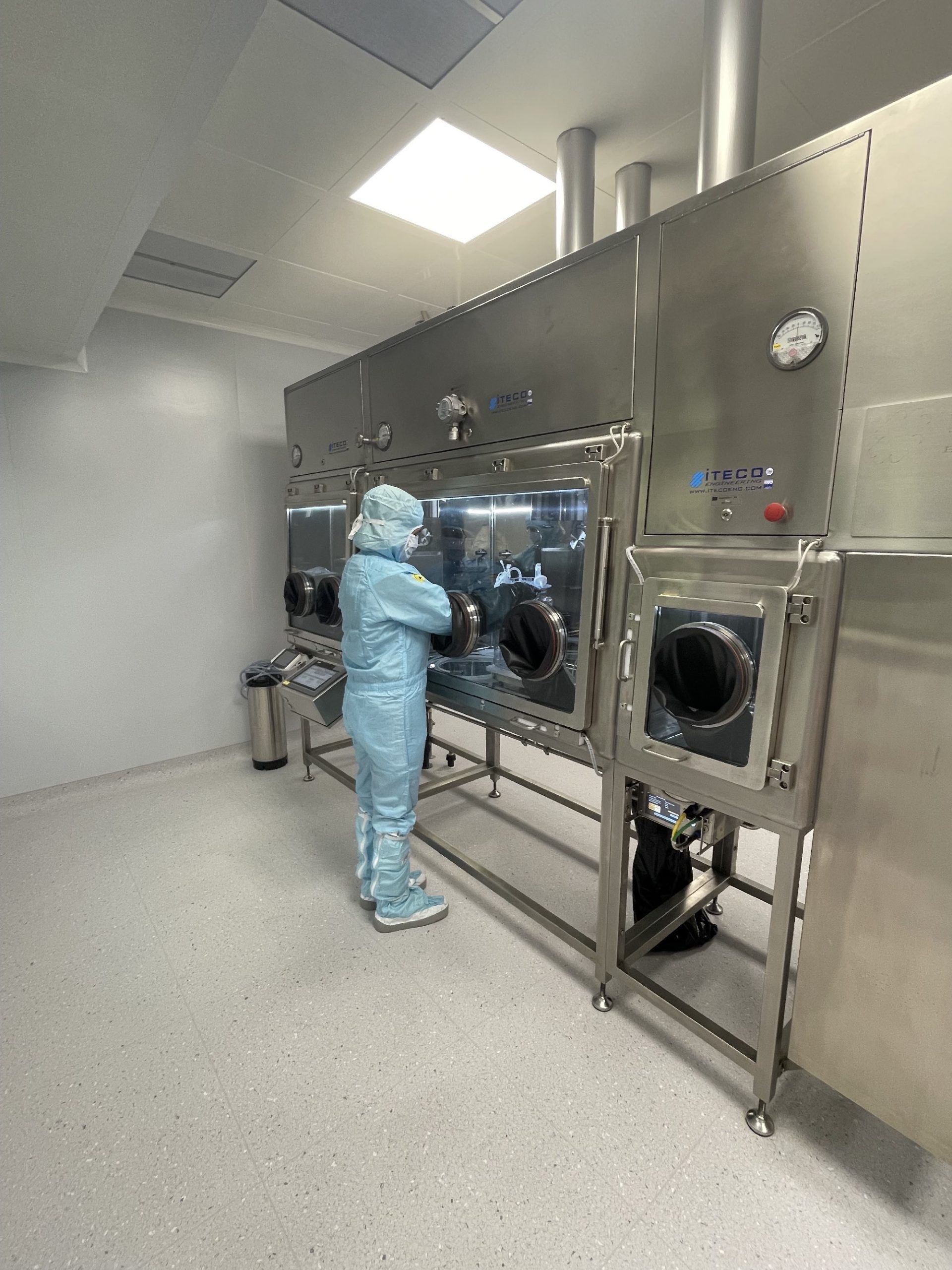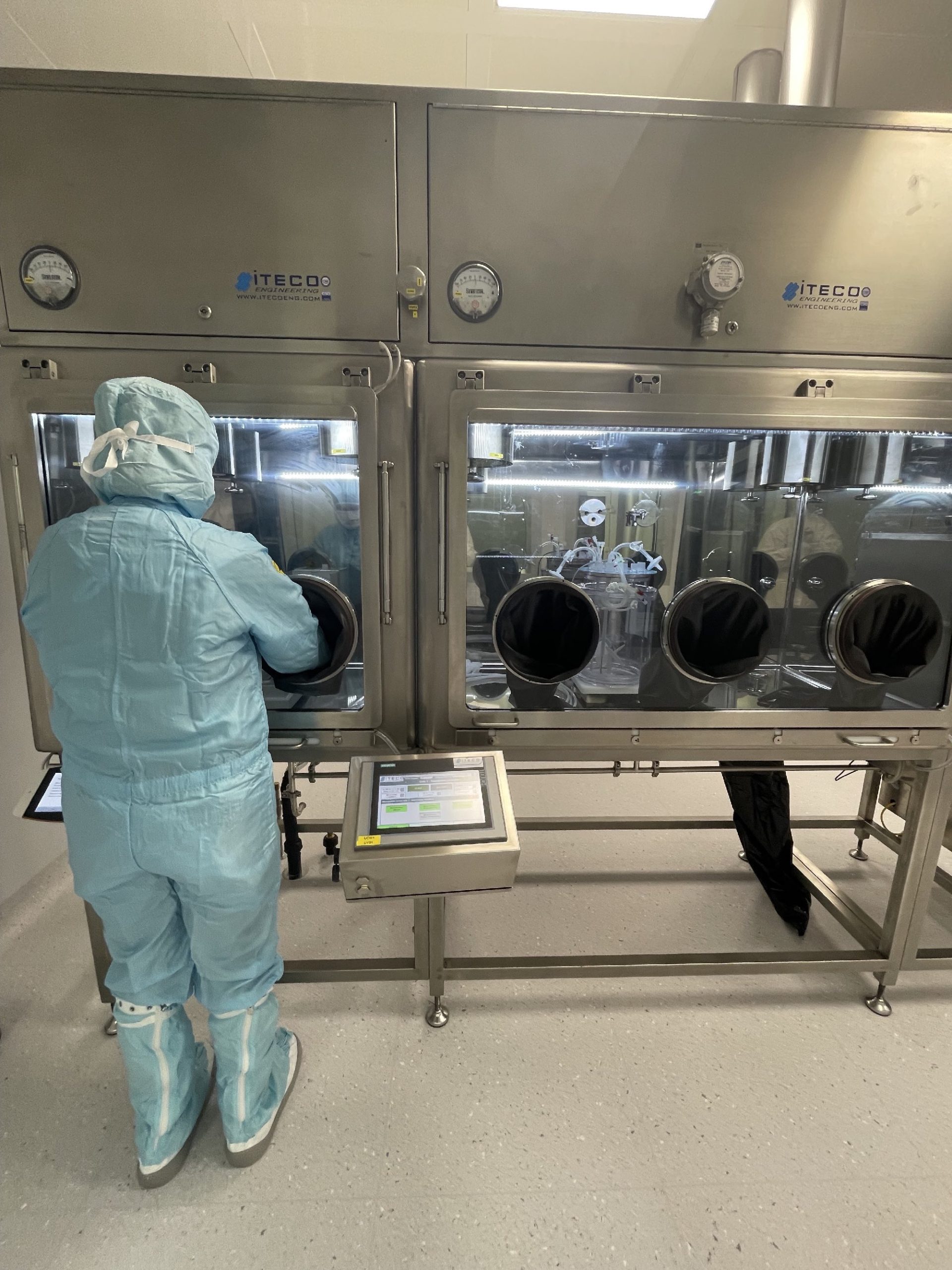Home / PEGylation
PEGylation
PEGylation is the process of attaching the strands of the polymer PEG to molecules, most typically peptides, proteins, and antibody fragments, that can improve the safety and efficiency of many therapeutics.
It produces alterations in the physiochemical properties including changes in conformation, electrostatic binding, hydrophobicity.
These physical and chemical changes increase systemic retention of the therapeutic agent.
It can influence the binding affinity of the therapeutic moiety to the cell receptors and can alter the absorption and distribution patterns.
PEGylation, by increasing the molecular weight of a molecule, can impart several significant pharmacological advantages over the unmodified form, such as improved drug solubility, reduced dosage frequency with potentially reduced toxicity and without diminished efficacy, extended circulating life, increased drug stability, and enhanced protection from proteolytic degradation.
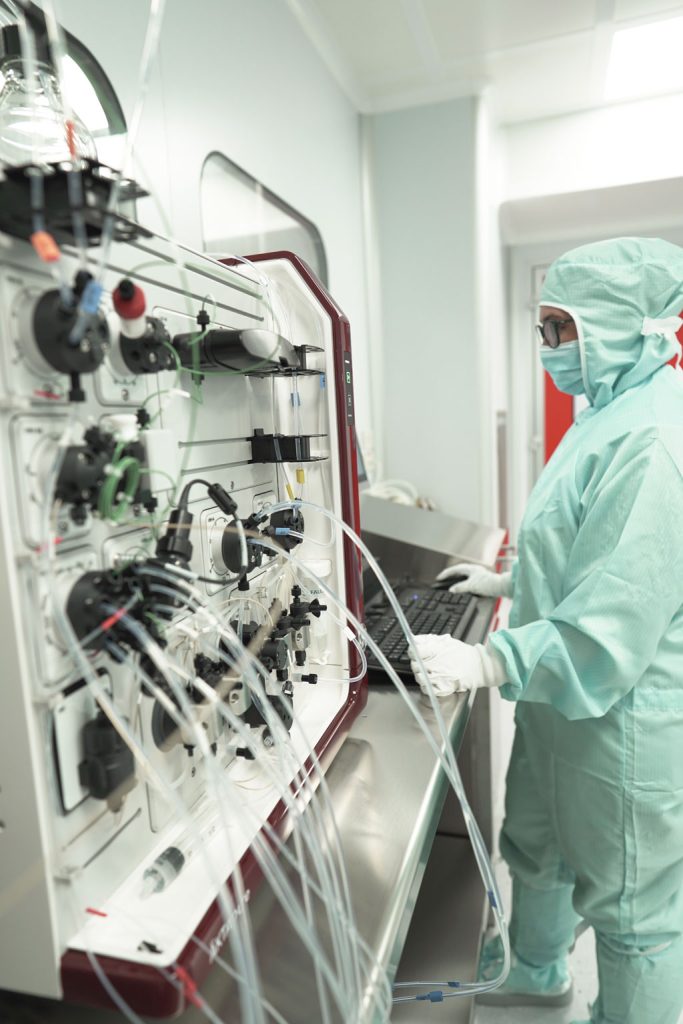
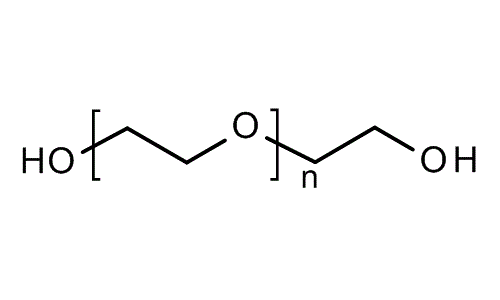
In Helvetic BioPharma, long acting molecules can be obtained through this chemical modification of the therapeutic proteins.

